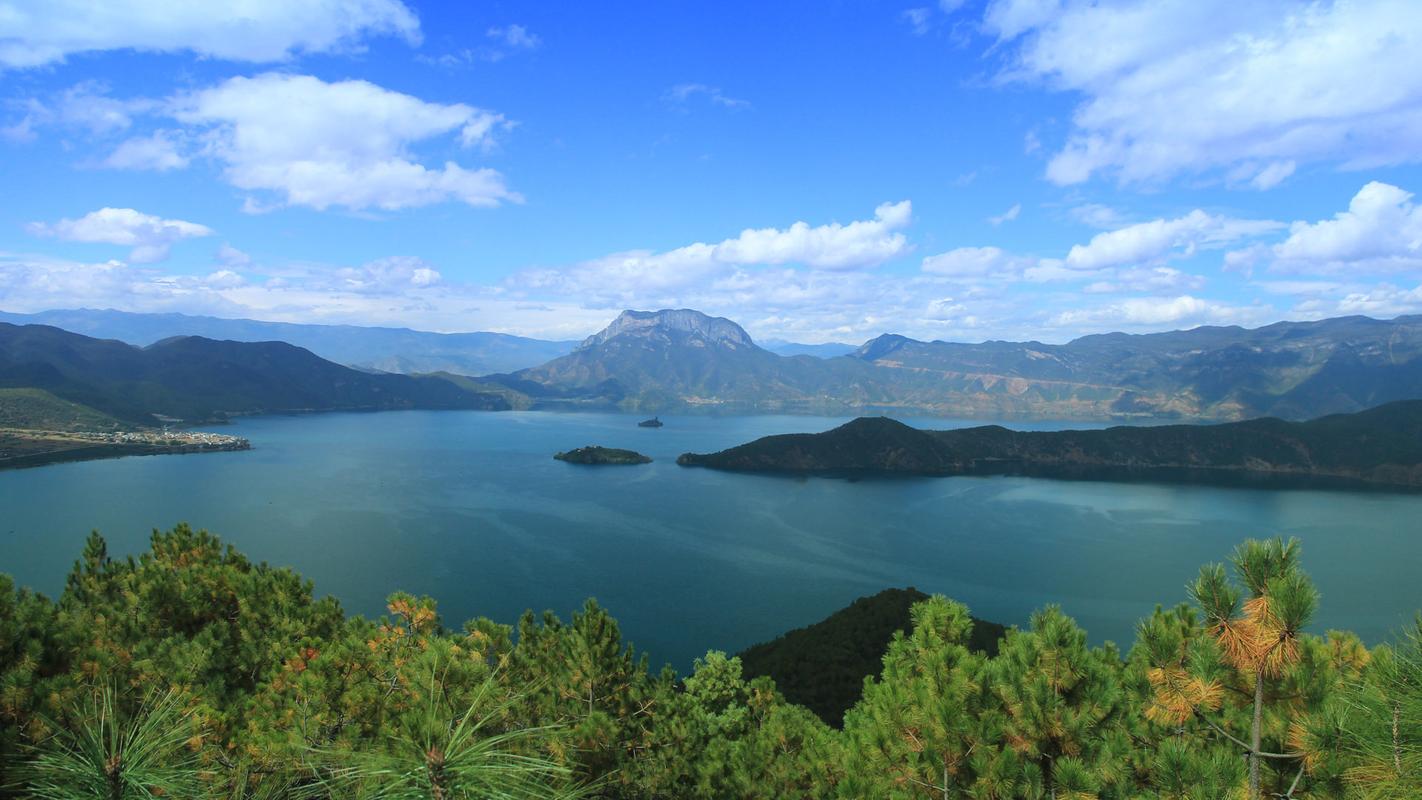New Zealand is a diverse country that has gone through significant changes over the years, particularly concerning cultural identity. The cultural landscape of New Zealand has evolved, creating various challenges for its citizens. Navigating these changes is no easy task, but it is crucial for the country’s continued growth and development.
One of the most significant changes in New Zealand’s cultural identity is the increasing diversity of its population. Earlier, the country had predominantly European ancestry; however, the situation has drastically changed. Significant migration from various parts of the world, particularly Asia and the Pacific, have resulted in the country becoming more ethnically diverse. While this has contributed positively to the country’s cultural richness and tolerance, it has also created challenges in terms of minority rights and cultural integration.
Maintaining a balance between preserving cultural heritage while adapting to changes is critical. It contributes to creating a strong national identity that can foster unity and social cohesion. The traditional Maori culture and values have become significant aspects of national identity in New Zealand. Today, the Maori culture is promoted, celebrated, and integrated into different aspects of daily life, such as art, literature, sports, and entertainment. This has contributed to cultural diversity and preservation of indigenous cultures and traditions.
New Zealand has also faced challenges in maintaining its cultural identity in the face of globalization. The country’s cultural heritage risks being overshadowed by globalization, which brings in foreign cultures, values, and consumerism. The influence of technology, social media, and mass media has contributed to the erosion of traditional cultural norms and values. As a result, the country has witnessed a gradual shift away from the collective spirit of community to a more individualistic approach.
The task of navigating the changes and challenges of New Zealand’s cultural identity requires a collaborative approach. The government, civil society organizations, and local communities need to work together to protect and promote the country’s cultural heritage. Efforts should be made to preserve indigenous languages, promote cultural exchange programs, and create opportunities to celebrate cultural diversity. The inclusion of the Maori perspectives on different aspects of national life is also crucial in promoting cultural diversity and integration.
In conclusion, navigating the changes and challenges of New Zealand’s cultural identity is a continuous process. It requires a proactive approach, one that balances preservation of traditional cultures with modernization. The country’s cultural landscape is continually evolving, presenting both opportunities and challenges. Governments, civil society, and local communities should work together to preserve, promote, and celebrate the country’s diversity and cultural heritage. With a collaborative effort, New Zealand can navigate these changes and challenges while remaining true to its identity.
(Note: Do you have knowledge or insights to share? Unlock new opportunities and expand your reach by joining our authors team. Click Registration to join us and share your expertise with our readers.)
Speech tips:
Please note that any statements involving politics will not be approved.
